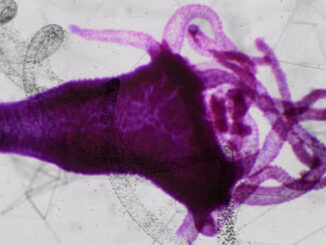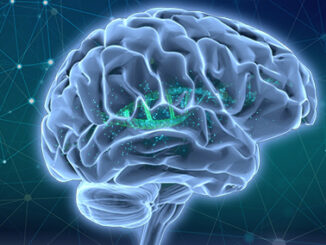How Epigenetics Helps the Hydra Grow a New Head
If you’re familiar with Greek mythology, you’ve probably heard of the Hydra – a gigantic multi-headed serpent that regenerates two heads for each one it loses. It is after this creature that a small freshwater invertebrate is duly named. The Hydra vulgaris, also known simply as Hydra, is a unique organism that exists in a continuous state of renewal. Cut off its head, and it will grow a new one. How it does this, however, has fascinated scientists for centuries [more…]











